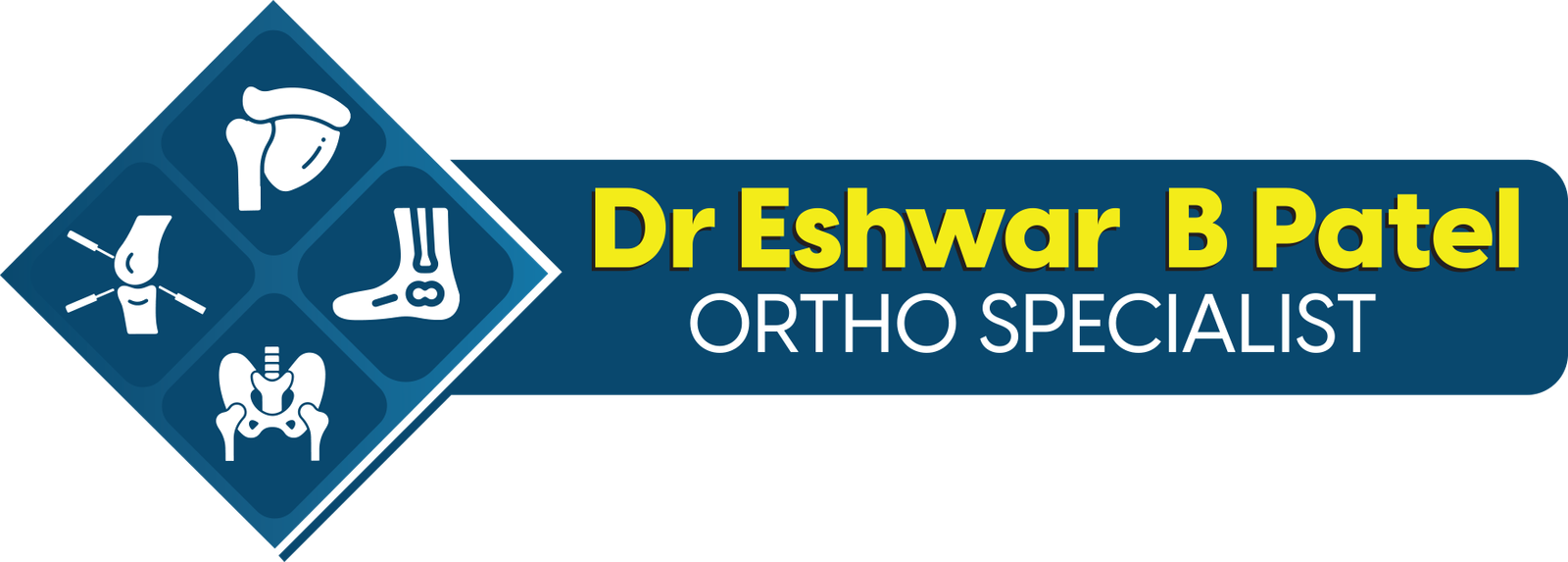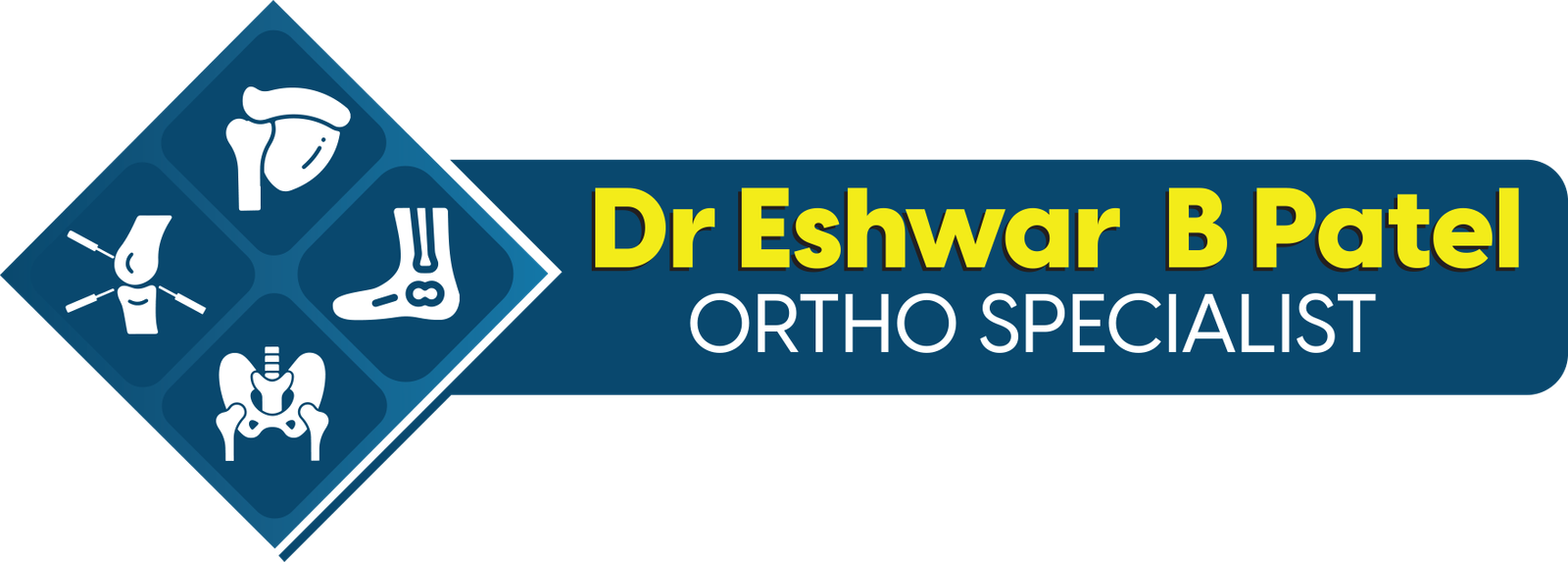Spine Surgeon in Hyderabad
Spine orthopedics is a specialized branch of medicine focused on the diagnosis, treatment, and management of disorders and injuries affecting the spine. From common conditions like back pain to complex spinal deformities and fractures, spine orthopedics encompasses a wide range of issues that can impact the overall health and function of the spine.
Common Spine Conditions:
-
Low Back Pain: One of the most prevalent spine-related complaints, low back pain can be caused by various factors, including muscle strains, ligament sprains, disc herniation, and degenerative changes in the spine.
-
Herniated Disc: When the soft inner core of a spinal disc protrudes through its outer layer, it can compress nearby nerves, leading to symptoms such as pain, numbness, and weakness in the back and legs.
-
Spinal Stenosis: This condition involves the narrowing of the spinal canal or nerve openings, which can put pressure on the spinal cord and nerves, causing pain, tingling, and weakness in the affected area.
-
Scoliosis: Scoliosis is a sideways curvature of the spine that typically develops during adolescence but can also occur in adulthood. Severe cases may require bracing or surgery to correct the curvature and prevent further progression.
Treatment Options:
-
Conservative Measures: Many spine conditions can be effectively managed with conservative treatments such as rest, physical therapy, anti-inflammatory medications, and epidural steroid injections to reduce pain and inflammation.
-
Surgery: In cases where conservative measures fail to provide relief or when there’s a significant risk of neurological damage, surgical intervention may be necessary. Common spine surgeries include discectomy, laminectomy, spinal fusion, and artificial disc replacement.
-
Minimally Invasive Procedures: Advances in surgical techniques have led to the development of minimally invasive procedures that involve smaller incisions, less tissue disruption, and faster recovery times compared to traditional open surgery.
-
Rehabilitation: Rehabilitation plays a crucial role in restoring function and mobility after spine surgery or injury. Physical therapy, occupational therapy, and specialized exercises can help strengthen the muscles surrounding the spine, improve flexibility, and enhance overall spinal health.
Prevention Strategies:
-
Maintain a Healthy Weight: Excess weight puts added stress on the spine and can contribute to the development of back pain and other spine-related issues. Maintain a healthy weight through regular exercise and a balanced diet.
-
Practice Proper Posture: Maintaining good posture while sitting, standing, and lifting can help prevent strain on the spine and reduce the risk of injury. Use ergonomic furniture and equipment to support a neutral spine position.
-
Stay Active: Regular exercise, including activities that strengthen the core muscles and improve flexibility, can help support the spine and reduce the risk of degenerative changes.
-
Avoid Smoking: Smoking can impair blood flow to the spine and inhibit the body’s ability to repair and heal damaged tissues. Quitting smoking can improve spinal health and reduce the risk of spine-related complications.
Spine orthopedics encompasses a diverse range of conditions and treatment options aimed at promoting spine health, relieving pain, and restoring function. Whether through conservative measures, surgical intervention, or rehabilitation, the goal of spine orthopedics is to help patients achieve optimal spinal health and quality of life.
Surgeries
Best Knee Replacement in Hyderabad
Best Hip Replacement in Hyderabad
Best Shoulder Replacement in Hyderabad
Best Arthrocopy Treatment in Hyderabad
Orthopedic Surgeon in Hyderabad
Maps
Copyright 2022 © DrEshwar Patel Ortho Specialist All Rights Reserved.
Website Designed & Developed By VENLAX GROUP

